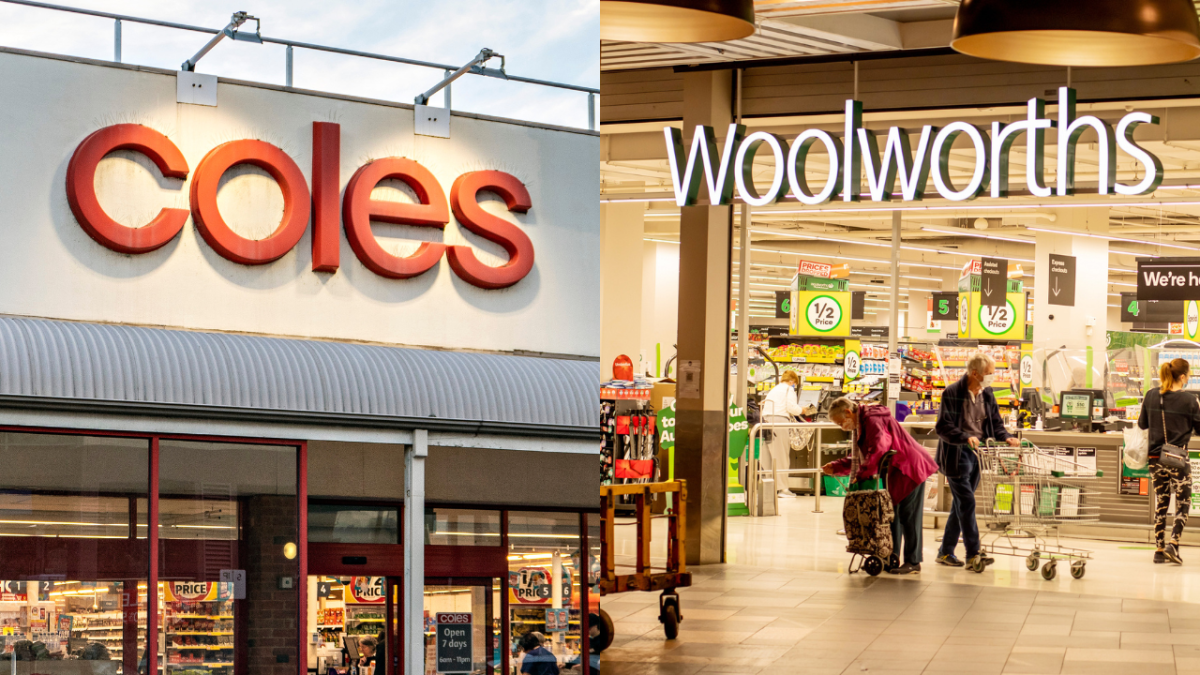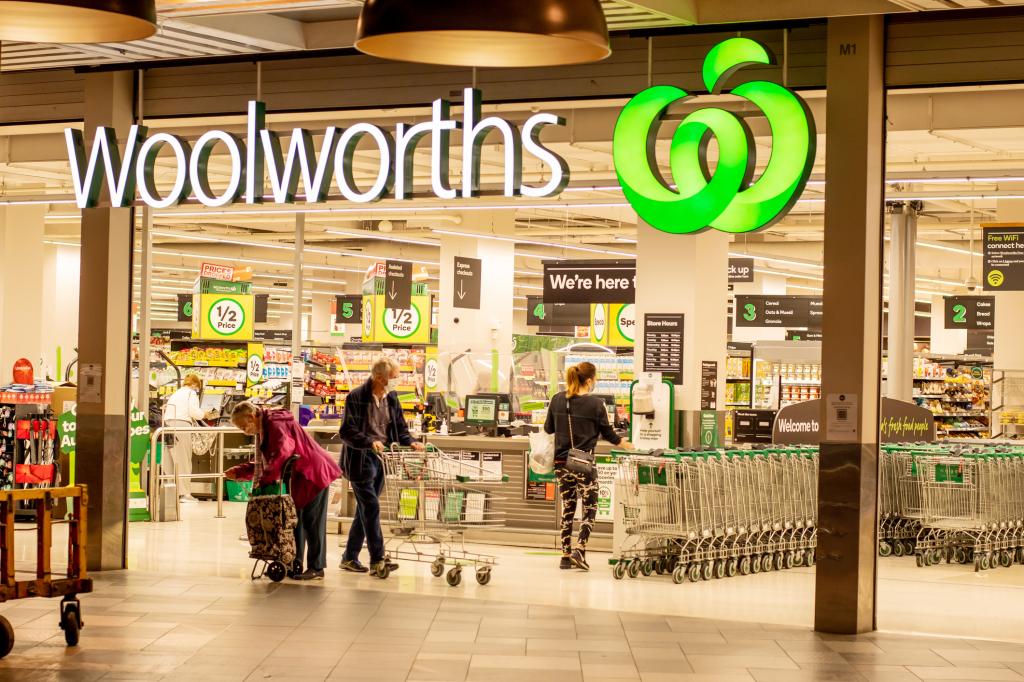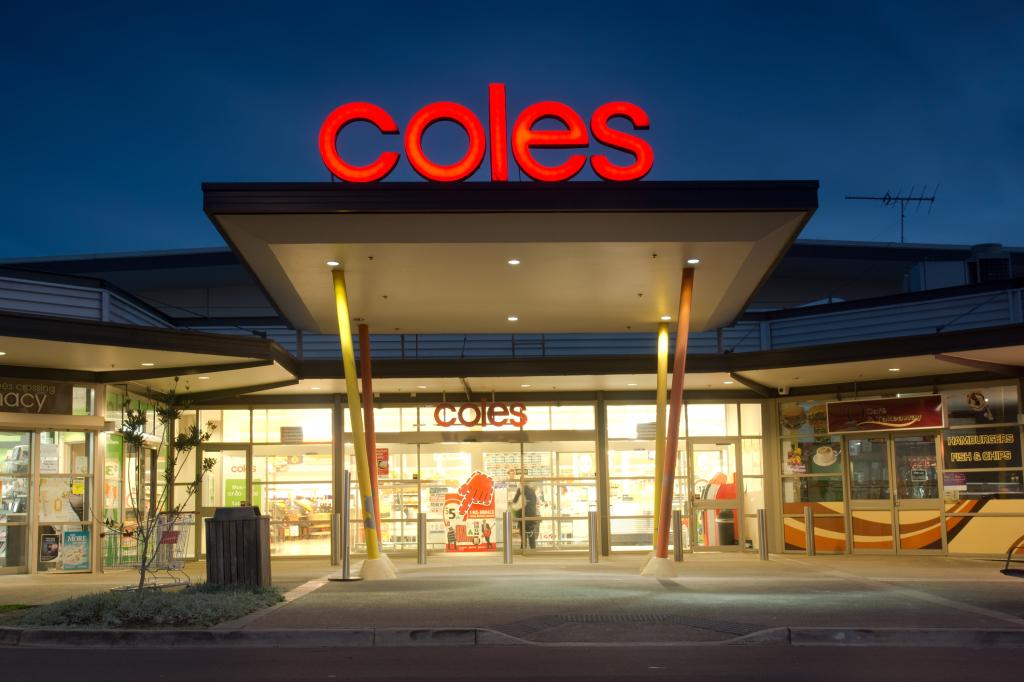
Australia’s biggest supermarkets Coles and Woolworths could potentially face huge fines if the Federal Government decides to make the “not effective” voluntary grocery code of conduct mandatory. However, it looks like the duopoly will not be broken up like previously speculated.
A report that was ordered by the government, released on Monday by former Labor trade minister Craig Emerson, called for changes to fix the “heavy imbalance in market power between supplies and supermarkets” in what is pretty much a duopoly over our supermarket industry.
There’s been lots of chatter and a full on inquiry into the “predatory” powers of the large corporations — which control about 70 per cent of our grocery market — including allegations they’re using their behemoth size to price-gouge us in a cost of living crisis.
The report seeks to limit some of the supermarkets’ powers, or at least hold the corporations to account, and it believes this can be done by making the Food and Grocery Code of Conduct — which is essentially a voluntary code of conduct enforced by the ACCC that businesses can choose to just not sign up to — mandatory.
At present, the code “contains no penalties for breaches and supermarkets can opt out of important provisions by overriding them in their grocery supply agreements”.
Honestly, whose bright idea was it to make this conduct mandatory with no breaches. Did a supermarket write this??

According to the report, the code should “be made mandatory and apply to all supermarkets with annual revenues exceeding $5bn, which at present are Coles, Woolworths and Aldi and [the] wholesaler Metcash”.
For serious breaches, it suggests a fine of “up to $10 million, or ten percent of a supermarket’s annual turnover, or three times the benefit it gained from the breach, whichever is greatest”.
Coles reported about $40 billion of revenue in the last year, with Woolworths recording about $48 billion. Which means a fine of 10 per cent would be $4 billion. Ooft.
Giant fines aside, the report stopped short of breaking up the Coles and Woolies duopoly — which the Greens and former ACCC chair Allan Fels have been campaigning for — and said fines will be “a far more credible deterrent to anti-competitive behaviour than forced divestiture laws.”
Emerson said that this was because if a supermarket was forced to sell to somewhere, its buyers would be… you guessed it, the rival corporation.
“Let’s say it’s Coles who gets hit by a forced divestiture. They’re going to sell to Woolworths. What does that do for market concentration?” he told ABC Radio.
“Will (they sell to) a foreign multinational? But they don’t want to come here. And so the only options will be to start closing doors.”

The report also discussed protections for suppliers who want to make complaints, because as it stands currently, they fear retribution from Woolies or Coles if they complain. This could look like being cut off or having their products moved to less popular aisles. It will also look at ways they can challenge issues with Coles and Woolworths outside of court.
The report has been tabled for feedback, so its findings are not the law — yet.
Emerson will supply the final report on June 30, and then it will be up to the federal government to decide whether it wants to implement the findings.
Image: iStock.



